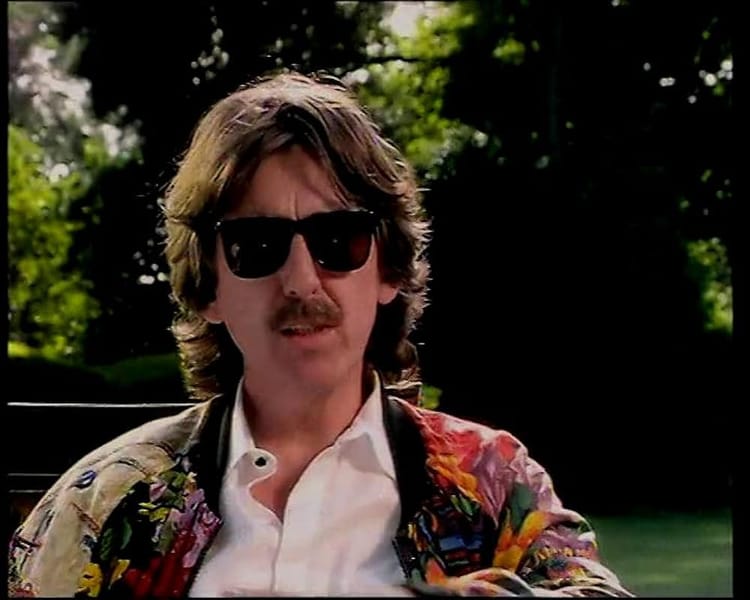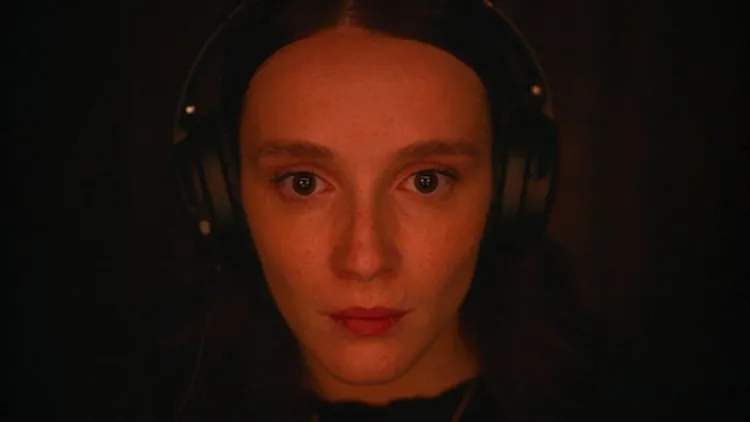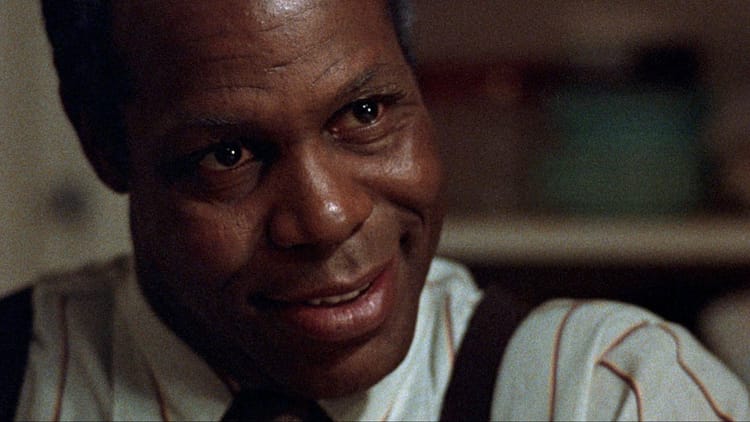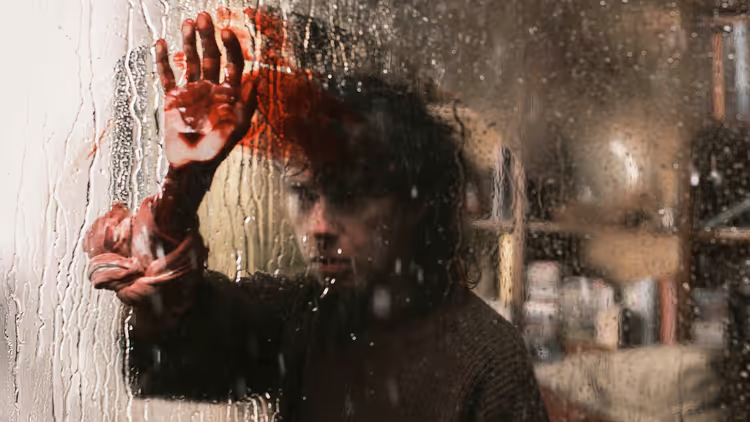I Saw Trap!
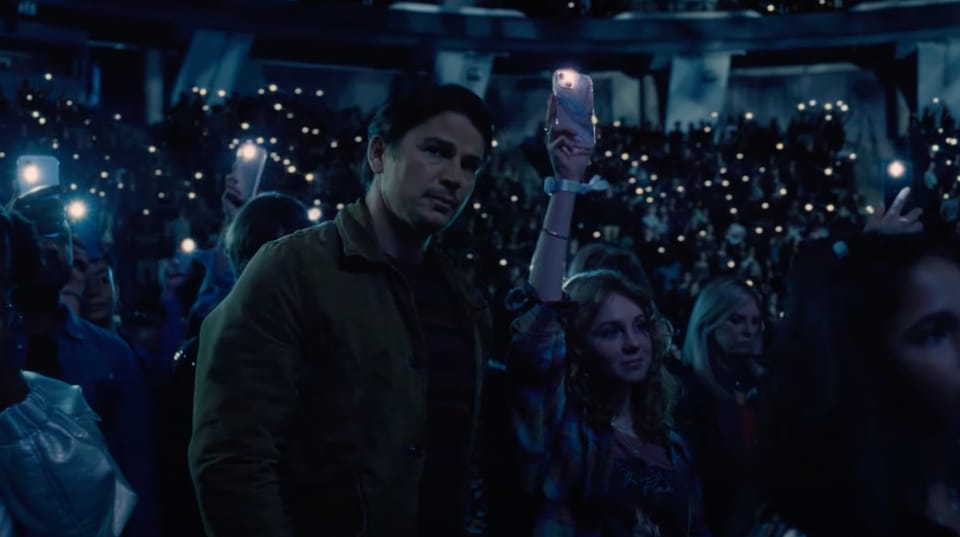
Auteurism! What does it mean to you? Is it that directors are important in the movie making process, and fun to keep an eye on careerwise? Does it mean that true cinematic art requires a singular visionary at the helm? Does it mean that art reveals itself in Hollywood product through the clash between a director and their material? Depending on how much you’ve read and how long ago it was written, you might be surprised at the answers people have had over the decades. But if your answer was “yes“ to at least one of the questions above, you probably have a soft spot for M. Night Shyamalan, the rare singular visionary in 2024 who clashes with his material, which is Hollywood product despite being largely self-funded.
In case you forgot the dude’s career arc, Shyamalan quickly made a name for himself at the turn of the century as a cinematic Rod Serling, fascinating America with spooky, twist-laden stories that were both timeless and fresh, blessed with elements both familiar and unexpected, spotlighting effectively fraught yet paternal performances from superstars like Bruce Willis and Mel Gibson. Then he made The Village, which was atypically gothic and challenging in a stupid way. It was still a hit, but made a lot of people cranky. Then he released Lady In The Water, under the mistaken impression that the fairy tales he made up for his kids were timeless and fresh, rather than slapdash and incoherent. It tanked. Initially, unlike Rod Serling, Shyamalan settled for a Hitchockian cameo on screen. In Lady In The Water, we got to watch him cry because a sea nymph said his work would only be appreciated by society after his death. I shit you not.

He rebounded commercially with the R-rated The Happening, where people kill themselves because trees were farting, but people continued to laugh at his dumb ass. Devil, which M Night conceived and produced, intended to be the first of The Night Chronicles (a “1” flashing towards the audience at the opening), became the only of The Night Chronicles. The film was modern telling of a self-invented Catholic legend named “The Devil’s Meeting,” revealing just how much Shyamalan must hate research. Rightly no longer trusting his own concepts, he tried to adapt The Last Airbender and it tanked. Then he tried to help Will Smith pass the action superstar torch to son Jaden in After Earth. That tanked, too. And only 30% because of Jaden Smith.
Surprising everyone, Shyamalan swallowed his pride and made a micro-budget thriller named The Visit. It was goofy as fuck, but had some decent scares and made a profit. For almost a decade since, he’s stuck to making modestly priced thrillers almost guaranteed to financially justify making the next one. If you make five movies for 100 million and they nearly gross a collective billion? It doesn’t matter if most of that came from one movie (Split, where James McAvoy played a serial killer with remarkable thespian range) and its sequel (Glass, which was also the sequel to 2000’s Unbreakable). It’s still going to be easy to get 20 million for the next one. And, in a time where all movies are obviously self-expression or obviously commercial, Shyamalan delights nerds who miss finding self-expression wedged in commerce, a popular critical pastime since before most of us were born.
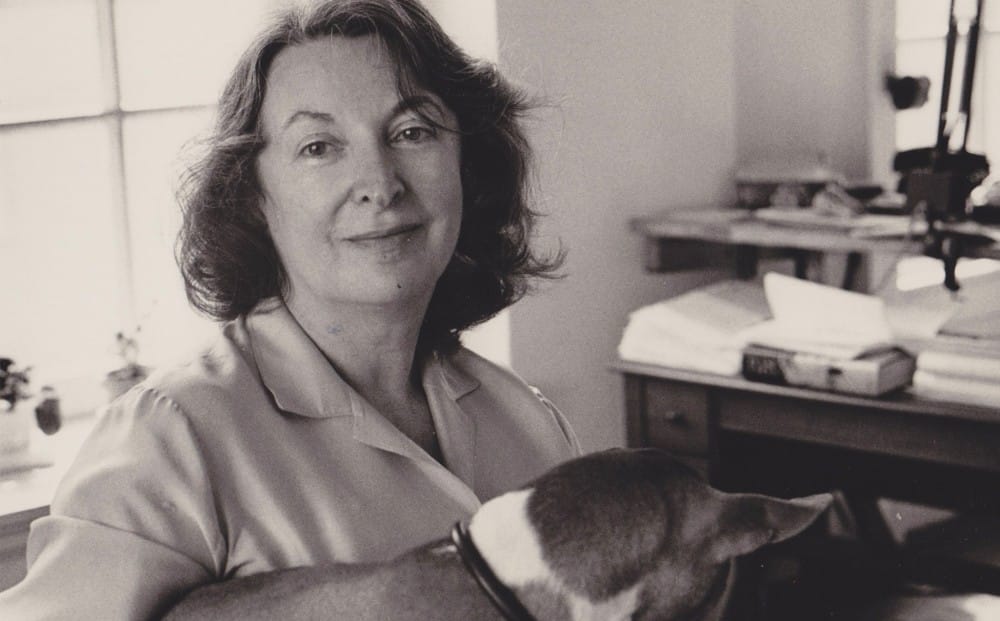
Pauline Kael took a big dump on the most overwrought claims of auteur theory before the Beatles played Sullivan, and if you’ve read her essay "Circles & Squares" without wanting to piss on her grave in Rio Grande’s honor, then po-faced Film Twitter reverence for Shyamalan is like a distant echo of a sad trombone. It’s one thing to appreciate awkward and commercially unnecessary signs of life and ambition in Hollywood entertainment. It’s another to rationalize they’re the essence of cinematic art. When blinkered and self-serious, auteurism is the most pretentious form of capitalist Stockholm Syndrome I can think of. Scorsese's love of "the director as saboteur," where pros slip potentially transgressive messages and metaphors into genre works, becomes a love of egotistical hacks who can’t help repeating themselves and refuse to cut scenes that distract from a successful entertainment. If you’re a cinema scholar afraid of looking foolish for a lifetime spent on pop junk, those qualities can be a lot easier to spot and venerate.
Which leads us back to M. Night Shyamalan, who caters not just to the worst impulses of auteur theory, but nostalgia for Blockbuster Video. His happiness over the last decade to stay in his late ‘90s lane has made him a reliable source of story, if not necessarily good ones. I skipped Knock At The Cabin, as “what if firing your dog out of a cannon would cure cancer?” is the opposite of a question worth asking. But Old was so hilariously cuckoo-bananas that I decided Trap, with its fun premise (with if the nice dad at a pop concert was also a serial killer?) and funny subtext (the pop star is played by Shyamalan’s daughter, which is even bolder than when Judd Apatow hung the climax of Funny People around his daughter singing “Memory”), would be a nice two hours spent in a recliner with AC. The Happening might be the only movie I’ve ever seen on opening night, and I have no regrets.

Honestly, I was hoping Trap would suck more than it did. Josh Hartnett, playing the goofy, caring dad who moonlights as a notorious serial killer known as The Butcher, is a strong enough actor that I don’t want to blame him for which takes Shyamalan kept. I can only imagine what the man behind the camera was saying half the time. “Ok, now you’re a happy dad. But then the mask slips! You’re a psycho! And then you catch yourself. You’re determined now. Ooooh.” There’s a moment in Batman & Robin where George Clooney makes three distinct facial expressions in a row, and you don’t have to be a auteurist to know that’s on Joel Schumacher. Every time Hartnett is legitimately ingratiating or menacing is a victory for him, and there’s more than a few.
I’ll be sure as shit shocked if I ever hear a song by M Night’s daughter in the wild, and if I see her in another movie it will be because I watch a lot of genre crap. But the music was merely generic, rather than amateurish or inept, and her performance was by no means a Sofia Coppola in The Godfather Part III, if also not an Anjelica Huston in Prizzi’s Honor. Daddy Night showing up as her loving Uncle, after she introduced a song on stage as a forgiveness towards an estranged father, was way more of an eyeroll than her amiable competence throughout (a No-Prize to the first auteurist who comes up with a coherent message to find in this dark daddy-daughter movie the writer-director made his with daughter). I almost wonder if Dad let Kid Cudi do a ridiculous gay stereotype in a long blonde wig to make his daughter look better in comparison, but I don’t think he’s that smart. I also don’t know if he was smart enough to know how funny filming Hayley Mills’ veteran mindhunter from behind was, or if he thought he was doing one of those Tarantino career boosts, revealing the dramatic acting Miss Bliss is capable of. This is apparently already established on British crime procedurals, but maybe this will get Mills on a Dick Wolf show.
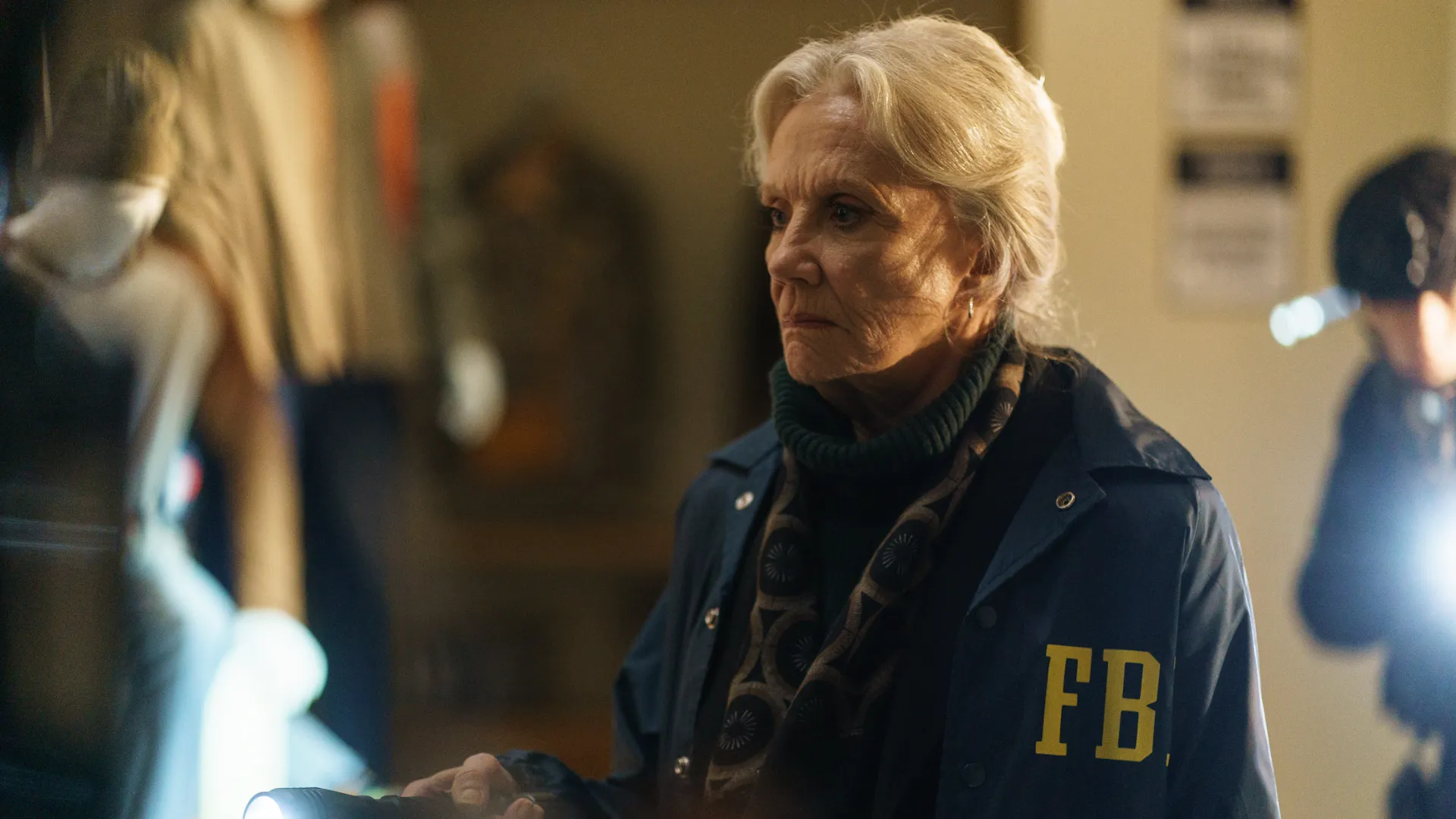
Wait...is it a Parent Trap joke? That Hayley Mills set the trap? Oh, God. Ok. Good one, M Night. I almost missed that. Well played.
At the risk of spoilers (I’m going to be coy, but this is your warning!), there was only one moment of cat-and-mouse I found totally ridiculous (getting out of a limousine surrounded by fans and SWAT team members without anyone noticing), and most of the movie is cat-and-mouse. There wasn’t much of a twist in the cliche Shyamalan sense, but rather an unexpected number of endings, as M Night didn’t seem to know whose character arc needed resolving. At one point it appears to be a character we’ve mostly seen from a distance. At another, it’s a character we met in the last half hour, with a sequence so dark it felt like a different movie. In a world where Shyamalan had to hear what anyone thought before the film’s release, an executive might have said “why can’t we just stop it ten minutes earlier?” To which his response would have probably been, “I like stories.” And fair enough. That’s why people like Shyamalan.
The 21st century auteurist would never ask.
If you want to explain auteurism to me, scream “Candyman” into a mirror until someone cares. If you have any other comments, queries or suggestions, anthonyisright at gmail dot com is the wisest place to send them.
